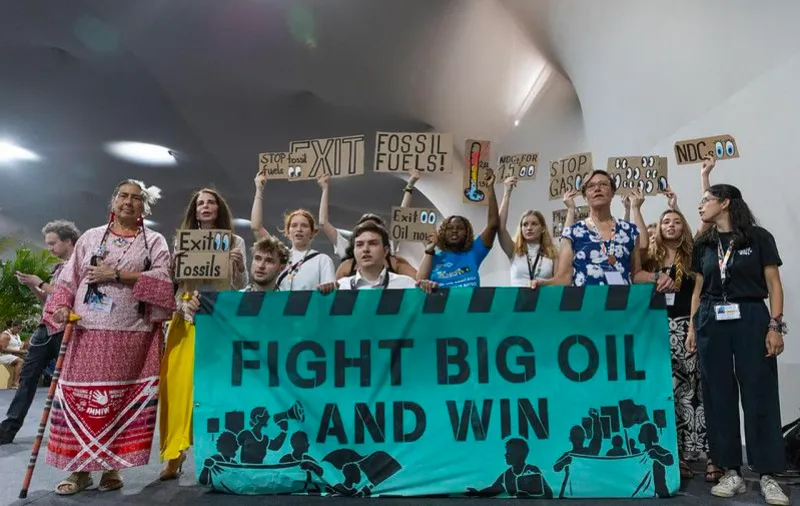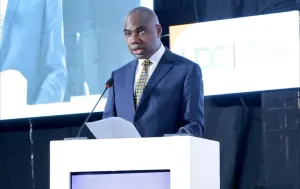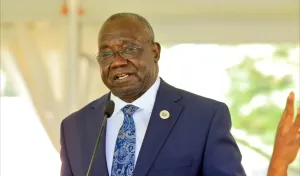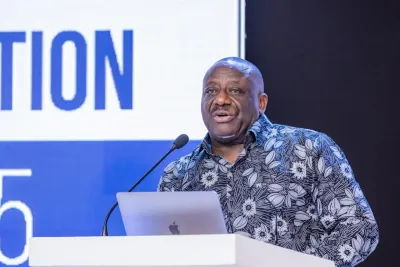
The 30th United Nations Climate Change Conference (COP30), held in Belém, Brazil, has ended with a deal revealing both progress and profound divisions. While countries succeeded in boosting support for adaptation, they failed to deliver a firm commitment to phase out fossil fuels, a glaring omission that many argue undermines the fight against climate change.
Fossil Fuel Fault Line
One of the most contentious issues throughout COP30 was a proposed roadmap to phase out coal, oil, and gas. Over 80 nations backed this idea, seeking clear, just, and equitable pathways away from fossil fuels. However, that language was dropped from the final text after sustained opposition from major oil and gas producers, including Saudi Arabia, Russia, India, and others.
In its place, the agreement calls on countries to “voluntarily accelerate” their transition, a vague term that critics say lacks urgency or enforceability.
Roadmaps Outside the Deal
To salvage credibility, Brazil’s COP presidency announced that it will develop two “roadmaps” independently: one to phase out fossil fuels, and another to halt and reverse deforestation. These roadmaps will be drafted with input from governments and the private sector but will not form part of the formal COP decision document, raising questions about their binding power.
Big Win on Adaptation
A key achievement of COP30 was tripling global adaptation finance, targeting roughly US$ 120 billion annually by 2035, to help vulnerable nations cope with climate impacts. The summit also enhanced the Loss & Damage Fund, opening new direct-access channels of US$ 5–20 million a year for countries suffering the most from climate disasters.
Additionally, a Just Transition Mechanism was established to help workers and communities move toward cleaner economies.
Trade and Climate: A New Frontier
For the first time, trade policy took center stage at COP. The EU’s planned carbon border tax on emissions-intensive products, such as cement, steel, and aluminium, sparked heated debate. Critics from exporting countries argued the tax is protectionist, while supporters said it’s a tool for climate justice.
COP30’s outcome reflects that tension: a commitment to dialogue on trade-climate measures was added, but negotiators urged that such measures avoid “arbitrary or unjustifiable discrimination.”
A Summit of Mixed Signals
- Global unity showed cracks: long-standing divisions resurfaced around fossil fuels, with some nations pushing hard for energy transition and others defending their resource-dependent economies.
- Power dynamics: China minimized political statements but pushed forward its clean-energy sector, while some traditional powers struggled to translate their climate ambitions into outcomes.
Process under pressure: Many warned that the COP system — built on consensus and negotiation — is growing out of step with the urgency of the climate crisis.
COP30 reaffirmed multilateral cooperation and recorded concrete progress on climate finance. But by shunning stronger fossil-fuel commitments, it exposed a central fault line: the tension between ambition and political reality. The creation of separate roadmaps may give some hope for the future, but without binding language, many fear COP30 missed a critical opportunity and the world’s most polluting industries may continue business as usual.













Aldrige Kennedy
Leave a Comment
Your email address will not be published.